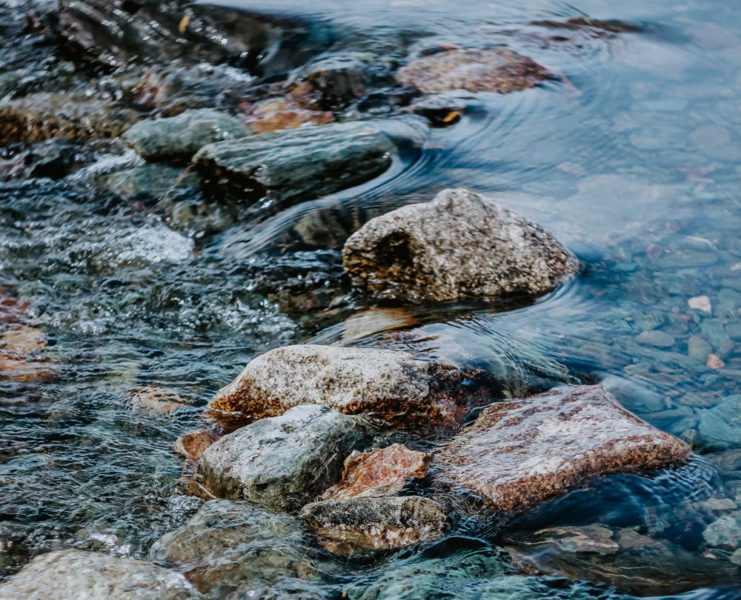
Excerpt from Walter Isaacson Address at Lehigh University:


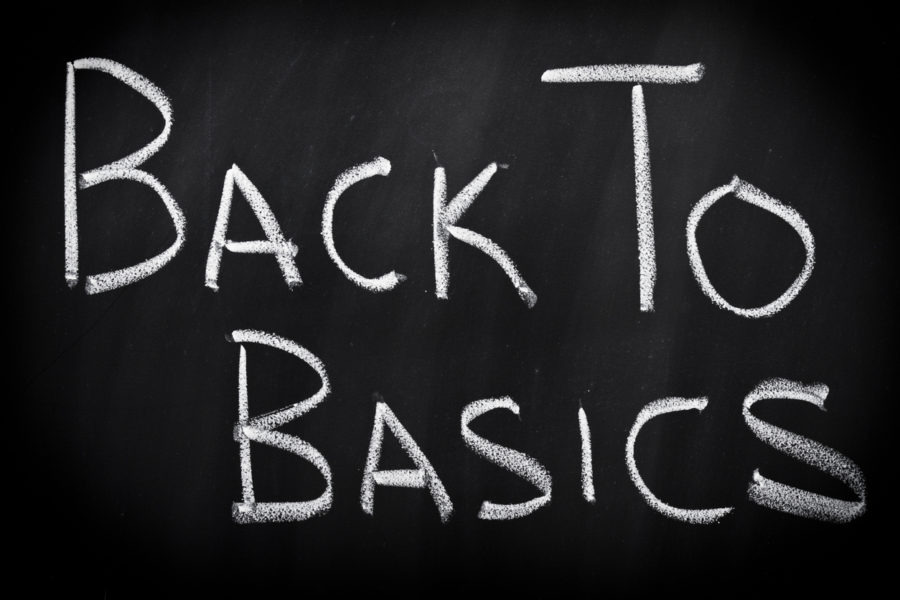
Ebenezer Scrooge played by the scoreboard that many of us play by. The one where points come from status, power, and money. But as he neared the end of his life, Scrooge realized none of these things matter.
The second we get money, status, or power we’re not satisfied. We just want more. We think these things mean something, but they don’t.
Who hasn’t experienced this? I remember when I first started working in a large organization. I told myself that if I just got a promotion, I’d be happy. Well, promotions came and went and none of them made me happier. All of them only left me wanting more.
While we tell ourselves that the next level is enough, it never is. The next zero in your bank account won’t satisfy you any more than you are now. The next promotion won’t change who you are. The fancy car won’t make you happier. The bigger house doesn’t solve your problems.
Pay attention to what you are chasing because, in the end, you just might get it. And the cost of “success” might be the things that really matter.
“Never risk what you have and need,” wrote Warren Buffett, “for what we don’t have and don’t need.” In pursuit of our goals, we inevitably give up things that matter. We sleep less. We spend less time with our friends. We eat unhealthily. We skip workouts. We cancel dates. We miss dinner with the family.
When it comes to living a meaningful life, the only scoreboard that matters is yours. Don’t let your ego get in the way of the person you really want to be or the life you really want to live.
From Shane Parrish’s Oct 3 blog, Farnham Street

Ralph Waldo Emerson on your success:
“To laugh often and much; to win the respect of intelligent people and the affection of children; to earn the appreciation of honest critics and endure the betrayal of false friends; to appreciate beauty, to find the best in others; to leave the world a little better; whether by a healthy child, a garden patch or a redeemed social condition; to know even one life has breathed easier because you have lived. This is the meaning of success.“

Austin Kleon had a good post this week on curiosity and the absence of certainty. And, I agree with Austin that Ravelli’s writing also applies to art.
The physicist Carlo Rovelli has a beautiful way of talking about science in terms of ignorance and curiosity.
In Helgoland: Making Sense of Quantum Revolution, he writes:
I believe that one of the greatest mistakes made by human beings is to want certainties when trying to understand something. The search for knowledge is not nourished by certainty: it is nourished by a radical absence of certainty. Thanks to the acute awareness of our ignorance, we are open to doubt and can continue to learn and to learn better. This has always been the strength of scientific thinking—thinking born of curiosity, revolt, change.
The School of Life has a great suggestion this week: walk. Yes, I know you probably are fortunate enough to walk every day but do you walk walks?
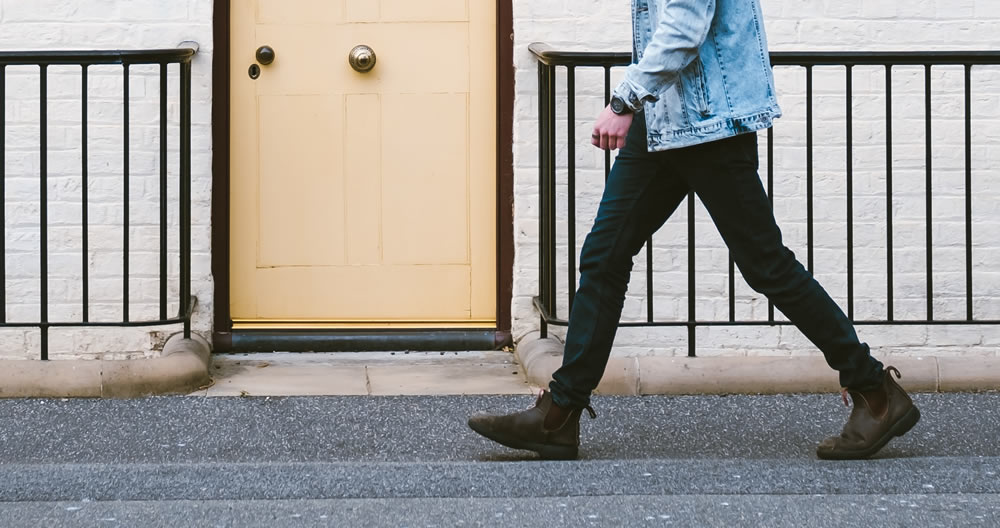
A walk is, in a sense, the smallest sort of journey we can ever undertake. It stands in relation to a typical holiday as a bonsai tree does to a forest.
But even if it is only an eight-minute interlude around the block or a few moments in a nearby park, a walk is already a journey in which many of the grander themes of travel are present.
The need to go for a walk begins from the same place as the longing to take off to another country: with a desire to restart our minds. We sometimes cannot work it all out by staying rooted in one place. We have stared at the screen too long, we have been bumping into the same inner obstacles without progress, we have grown claustrophobic with ourselves.
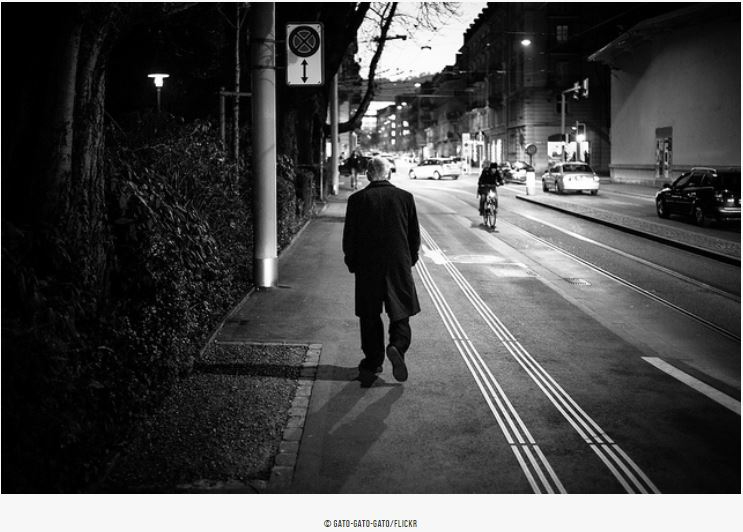
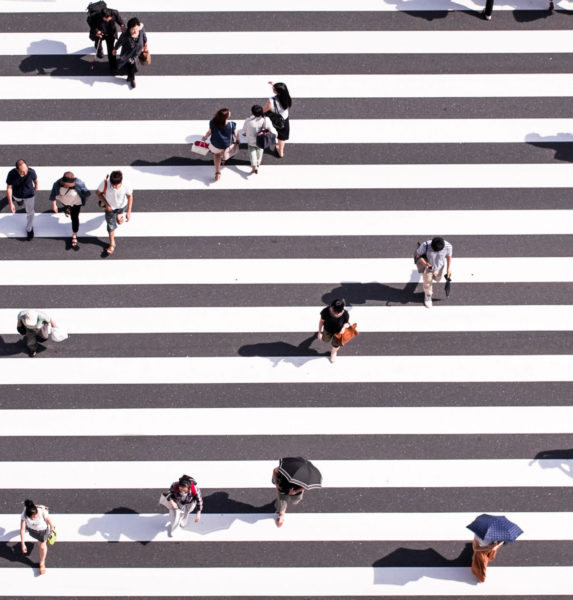
And in the naked light I saw
Ten thousand people maybe more
People talking without speaking
People hearing without listening
People writing songs that voices never share
No one dared
Disturb the sound of silence.
~Simon Garfunkel, “The Sound of Silence”
Copyright © 2013-14 TalkingGrief.com | A Property of Comfort Care Connection